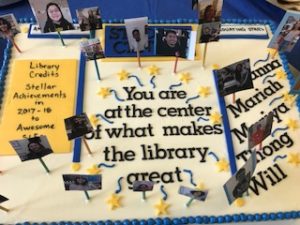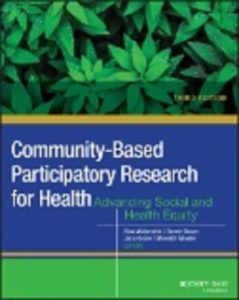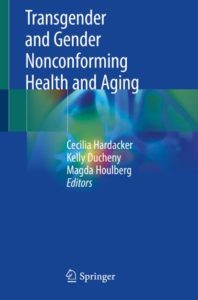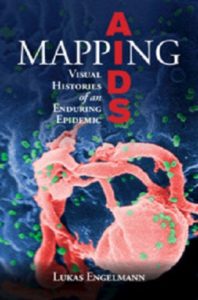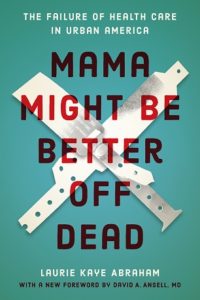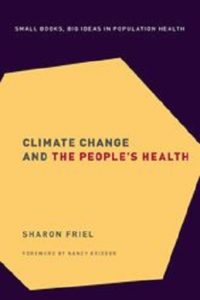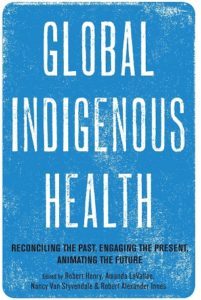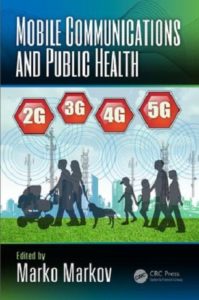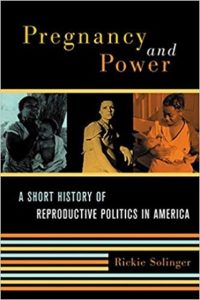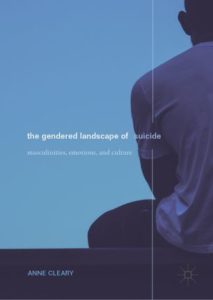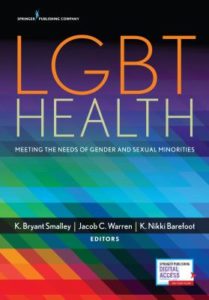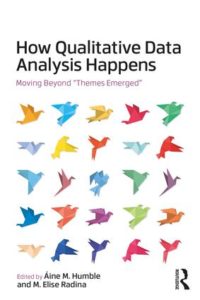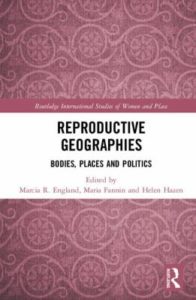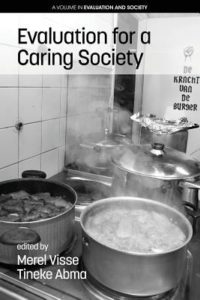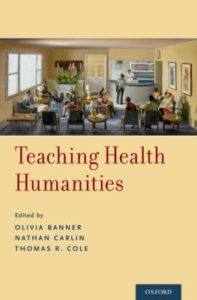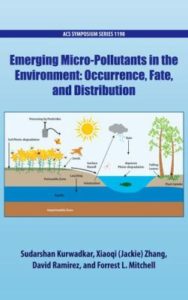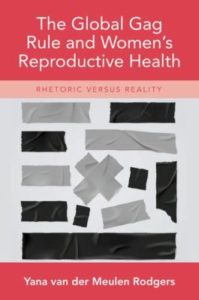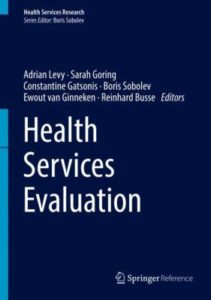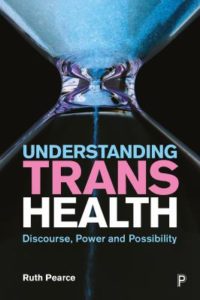Bioscience, Natural Resources & Public Health Library
“Carolyn Merchant: My Life Exploring Science, Environment, and Ethics,” oral history release
New oral history: “Carolyn Merchant: My Life Exploring Science, Environment, and Ethics”
Video clip from Carolyn Merchant’s oral history on the 1970s social contexts for her book The Death of Nature
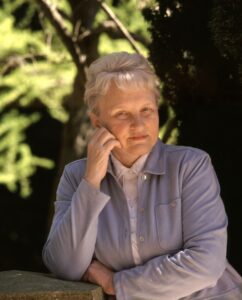
Carolyn Merchant is a Distinguished Professor Emerita of Environmental History, Philosophy, and Ethics at UC Berkeley. Her extensive research and teaching at Cal explored historical relationships between humanity, nature, and science with an ecofeminist focus on Western culture’s domination of nature and women. Throughout her academic career, Merchant published numerous peer-reviewed articles and wrote eleven books, as well as four edited volumes. Her genre-shaping publications—including The Death of Nature: Women, Ecology, and the Scientific Revolution (1980); Ecological Revolutions: Nature, Gender, and Science in New England (1989); Radical Ecology: The Search for a Livable World (1992), among others—influenced various academic fields from Women’s Studies to the History of Science, and from Ethics to Environmental History.
Merchant and I video-recorded seven hours of her oral history over four interview sessions in the spring of 2022. Those recordings resulted in a 132-page transcript that includes an appendix with photographs. Merchant’s full-life oral history not only explored her intellectual and academic career, but also recorded lesser known details from her female-centered childhood, her educational mentors, her personal relationships, and her social activism, all of which shaped her academic research and teaching at UC Berkeley.
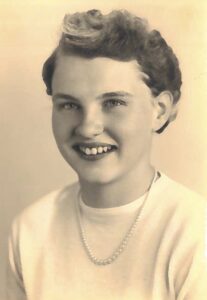
Merchant was born in 1936, in Rochester, New York, where she and her younger sister were raised by their mother, grandmother, and aunt. Merchant recalled how sharing a home with five strong women taught her that “women could do anything. …That gave me a role model unconsciously to know that I could do anything I wanted to.” As a high school senior in 1954, Merchant became a national top ten finalist in the Westinghouse Science Talent Search. She earned her AB in Chemistry from Vassar College in 1958, studied physics for a year at the University of Pennsylvania, and then, at the University of Wisconsin, Madison, she earned her MA in 1962 and her PhD in 1967 in the History of Science. Her graduate research explored the Vis Visa controversy in the seventeenth and eighteenth centuries over a “living force” in nature, from Gottfried Wilhelm Leibniz to Jean-Baptiste le Rond D’Alembert.
Video clip from Carolyn Merchant’s oral history on learning and teaching the history of science, 1960s and 1970s
During graduate school in Wisconsin, Merchant met and married botanist Hugh Iltis, with whom she had two sons, both of whom later graduated from UC Berkeley. Merchant also began her environmental activism during graduate school, which included lighting Wisconsin prairies on fire as a means to restore native plants and animal habitat. At that time, Merchant first read Betty Friedan’s The Feminine Mystique and Rachel Carson’s Silent Spring, which affected both her life and academic trajectories. In the late 1960s, upon completing her PhD thesis and her divorce from Iltis, Merchant and her sons moved from Wisconsin to Berkeley, California.

Merchant’s life on the west coast provided new opportunities and realizations. While teaching the History of Science as a Visiting Lecturer at Oregon State University, Merchant lived on a Corvallis farm where the runner-up Dairy Queen of the state of Oregon taught her how to milk goats and cows. Merchant’s back-to-the-land experiences would shape her later analysis on utopias and what she described as the “organic society,” from John Salisbury’s organic concept of the state in 1159, to Francis Bacon’s The New Atlantis in 1627. To support herself and her family back in Berkeley, Merchant worked as an adjunct instructor, which she eventually parlayed into a fulltime position. She taught as a Lecturer at the University of San Francisco, where by 1976 she became an Assistant Professor, and she also taught in the innovative, interdisciplinary, yet short-lived Strawberry Creek College program at UC Berkeley.
Throughout the 1970s in the Bay Area, Merchant engaged in feminist, environmental, anti-war, and anti-capitalist politics, which is how she first met UC Berkeley historian Charles Sellers, whom she later married. Over many decades together, Merchant and Sellers advocated for social justice and shared adventures traversing the United States in a camper van while searching for rare birds and visiting far flung archival collections. On the road, Merchant used some of the first laptop computers to draft her eventual publications. Back in the Bay Area, Merchant connected with intellectuals like Theodore Roszak and became a visiting scholar at Stanford’s Center for Advanced Study in Behavioral Sciences. Around that time, Merchant learned from a USF colleague that UC Berkeley planned to hire a professor to work in the then-nascent field of environmental history. “I can do that,” she said to herself, and walked up the hill from her house to campus to submit her application. As she recalled, “when I was interviewed, I was from Stanford, and I was not a local yokel four blocks away in Berkeley where my house actually was.”
Video clip from Carolyn Merchant’s oral history on her hiring at UC Berkeley’s College of Natural Resources, 1980

Women played a central role in Merchant’s research, as well as with her hiring at UC Berkeley in 1979. Merchant applied to the College of Natural Resources for a position in a new department then called Conservation and Resource Studies, which later became the Department of Environmental Science, Policy, and Management. On the hiring committee were five male faculty members and five female undergraduates. Many women took courses in the college, yet the faculty of the College of Natural Resources were still mostly men. After her on-campus interview, Merchant recalled “the students wanted a woman, and they lobbied. …They wanted to understand what role women had played in the environment, and how they used the environment, and how they developed as scientists and environmental scientists. And they liked me because I was interested in pursuing those topics and finding out by digging into the archives who the women were and what they had done.” The first three hires for the new department were all women. In 1980, one year after Merchant joined the faculty at UC Berkeley, she published The Death of Nature: Women, Ecology, and the Scientific Revolution, which remains in print today and has been translated into numerous languages. As Merchant recalled, when the book appeared, “there was a column in Newsweek, and then it was brought up at a congressional hearing. It [my book] was a criticism of what mechanistic science alone would do to the environment if it wasn’t associated with an ethic and some restraints and understanding of what the consequences were. So it was very gratifying to see that reception.”
The majority of Carolyn Merchant’s oral history explores her career as a Professor of Environmental History, Philosophy, and Ethics at UC Berkeley. The topics we discussed ranged from the evolution of Merchant’s research and teaching to her reflections on how the College of Natural Resources has changed over time. Generally, Merchant’s research and teaching examined the history and ethics of science and the environment through the lens of gender. As she noted during her oral history, “gender is so important and so central. Because most of human history, and most of even environmental history and the history of science, has been concerned with the roles that men play. And I want to make the roles that women play and the importance of gender as an equal thing, so that the roles of women are not obscured—and that women and men are equal partners not only in an existing political economy and a social economy, but they are equal partners in every aspect of trying to work together as partners to make the whole planet continue to live on.”
Video clip from Carolyn Merchant’s oral history on gendered reproduction
In her oral history, Merchant also addressed some of the specific, interrelated research themes that she developed throughout her career. One of those themes focused on science and domination, especially Merchant’s attention to impacts on nature as both a mental construct and a physical reality when institutions of science emerged within a patriarchal society. She also spoke about women and nature through the lens of ecofeminism. “Ecofeminism comes from a woman named Françoise d’Eaubonne in France,” Merchant explained. “Ecofeminism asserts the power of women and also their interrelationships with nature, and how women can save nature, and how women themselves can become important forces in the whole role of the conservation of resources.” Merchant discussed her partnership ethic, a contribution she made to environmental ethics in which humans of all genders, along with nonhuman nature, would be valued as equal partners inhabiting a flourishing earth. “Partnership makes nature and humans equal, and interactive, and sharing and giving,” Merchant declared, “and we have to conserve nature if we are going to go ahead and live in the future with an active nature and an active humanity.” In light of her own politics to protect and conserve nature, Merchant also reflected on about the importance of gendered reproduction, and how control of women’s bodies and the unpaid labor of those bodies are essential to the material, social, and cultural maintenance of a capitalist and patriarchal society. In contrast to the modern world’s focus on production, Merchant emphasized the need for reproduction: “allowing the reproduction of nature and its systems to continue is what is going to allow humanity to reproduce itself and to continue. …Because if we don’t allow the natural resources of the world to keep reproducing themselves, if we don’t set aside land or pass laws that prevent us from using everything up, we won’t be able to continue reproduction.”
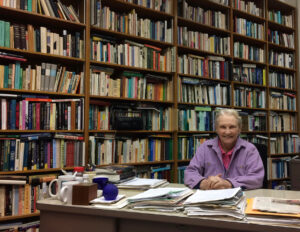 Carolyn Merchant’s oral history is now available to read online, even as the ever-worsening impacts of climate change create an interrelated set of crises for the Earth and all living organisms on it, including humanity. After her long career teaching and researching environmental topics at UC Berkeley, Merchant admitted, “of course, I’m distressed that we have all the environmental problems that we have now.” Yet, in the face of these crises, she also shared her optimism. “There’s also hope in the sense that there are laws being passed, there are people who are working continuously, and there are new societies and new organizations being formed. So we’re at a tipping point. And hopefully, we’ll go in the direction of conservation, and environmental justice, and environmental reform, and saving the Earth.”
Carolyn Merchant’s oral history is now available to read online, even as the ever-worsening impacts of climate change create an interrelated set of crises for the Earth and all living organisms on it, including humanity. After her long career teaching and researching environmental topics at UC Berkeley, Merchant admitted, “of course, I’m distressed that we have all the environmental problems that we have now.” Yet, in the face of these crises, she also shared her optimism. “There’s also hope in the sense that there are laws being passed, there are people who are working continuously, and there are new societies and new organizations being formed. So we’re at a tipping point. And hopefully, we’ll go in the direction of conservation, and environmental justice, and environmental reform, and saving the Earth.”
Video clip from Carolyn Merchant’s oral history on her partnership ethic for humanity and nature
Video clip from Carolyn Merchant’s oral history on becoming a national finalist in the Westinghouse Science Talent Search, 1954
ABOUT THE ORAL HISTORY CENTER
The Oral History Center of The Bancroft Library preserves voices of people from all walks of life, with varying political perspectives, national origins, and ethnic backgrounds. We are committed to open access and our oral histories and interpretive materials are available online at no cost to scholars and the public. You can find our oral histories from the search feature on our home page. Search by name, keyword, and several other criteria. Sign up for our monthly newsletter featuring think pieces, new releases, podcasts, Q&As, and everything oral history. Access the most recent articles from our home page or go straight to our blog home.
If you’d like to see more interviews like this conducted and made freely available online, please consider making a tax-deductible donation to the Oral History Center. While we receive modest institutional support, we are a predominantly self-funded research unit of The Bancroft Library. We must raise the funds to cover the cost of each oral history. You can give online, or contact us at ohc@berkeley.edu for more information about our funding needs for present and future projects.
Online Reference Services and Research Help
The Koshland Bioscience, Natural Resources, & Public Health Library’s reference services have moved online at least through the end of March, in alignment with “social distancing” recommendations from campus.
Contact a Librarian
Librarians are available Monday – Friday, 8 am – 5 pm to answer any questions you might have. Email one of us or click on the link to schedule a Zoom meeting or Google Hangout.
- Integrative Biology: Shannon Kealey (skealey@berkeley.edu; schedule an online meeting)
- College of Natural Resources: Becky Miller (rcmiller@berkeley.edu; schedule an online meeting)
- Molecular & Cell Biology: Elliott Smith (esmith@library.berkeley.edu; schedule an online meeting)
- Public Health: Michael Sholinbeck (msholinb@library.berkeley.edu; use email to schedule an online meeting)
24/7 online help
Chat
Chat with a librarian. The chat service is staffed by Berkeley librarians, but at peak service times or off-hours you may be connected with a librarian from another academic institution.
Online guides, tutorials and videos
- Bioscience Library Guides for courses, subjects, and research basics
- Online videos for the Biological Sciences
Connecting from off campus
If you are not on campus, use EZProxy or the VPN (VPN users: choose Library Access – Full Tunnel rather than the default Split Tunnel) to authenticate yourself as a Berkeley student, faculty, or staff to access online books, journals, databases, and other resources.
If a desired resource is not available as a full-text version online, Berkeley students, faculty, and staff can place a request to our Interlibrary Borrowing Service. If the Library is closed due to unforeseen circumstances, we will update you about our ability to provide this to you via email.
2019 IgNobel Prize Winners Announced A While Ago
Hello,
Once again, we have the IgNobel prizes. Here’s a list of the 2019 winners; links to the actual, real research papers are here.
MEDICINE PRIZE [ITALY, THE NETHERLANDS]
Silvano Gallus, for collecting evidence that pizza might protect against illness and death, if the pizza is made and eaten in Italy.
MEDICAL EDUCATION PRIZE [USA]
Karen Pryor and Theresa McKeon, for using a simple animal-training technique— called “clicker training” —to train surgeons to perform orthopedic surgery.
BIOLOGY PRIZE [SINGAPORE, CHINA, GERMANY, AUSTRALIA, POLAND, USA, BULGARIA]
Ling-Jun Kong, Herbert Crepaz, Agnieszka Górecka, Aleksandra Urbanek, Rainer Dumke, and Tomasz Paterek, for discovering that dead magnetized cockroaches behave differently than living magnetized cockroaches.
ANATOMY PRIZE [FRANCE]
Roger Mieusset and Bourras Bengoudifa, for measuring scrotal temperature asymmetry in naked and clothed postmen in France.
CHEMISTRY PRIZE [JAPAN]
Shigeru Watanabe, Mineko Ohnishi, Kaori Imai, Eiji Kawano, and Seiji Igarashi, for estimating the total saliva volume produced per day by a typical five-year-old child
ENGINEERING PRIZE [IRAN]
Iman Farahbakhsh, for inventing a diaper-changing machine for use on human infants.
ECONOMICS PRIZE [TURKEY, THE NETHERLANDS, GERMANY]
Habip Gedik, Timothy A. Voss, and Andreas Voss, for testing which country’s paper money is best at transmitting dangerous bacteria.
PEACE PRIZE [UK, SAUDI ARABIA, SINGAPORE, USA]
Ghada A. bin Saif, Alexandru Papoiu, Liliana Banari, Francis McGlone, Shawn G. Kwatra, Yiong-Huak Chan, and Gil Yosipovitch, for trying to measure the pleasurability of scratching an itch.
PSYCHOLOGY PRIZE [GERMANY]
Fritz Strack, for discovering that holding a pen in one’s mouth makes one smile, which makes one happier — and for then discovering that it does not.
PHYSICS PRIZE [USA, TAIWAN, AUSTRALIA, NEW ZEALAND, SWEDEN, UK]
Patricia Yang, Alexander Lee, Miles Chan, Alynn Martin, Ashley Edwards, Scott Carver, and David Hu, for studying how, and why, wombats make cube-shaped poo.
Newly Acquired Public Health Books
Here is a sample of new Public Health books — many more may be found on our New Public Health Books web guide. Click the links below for library location. And, happy reading!
Community-based participatory research for health: advancing social and health equity
Transgender and gender nonconforming health and aging
Mapping AIDS : visual histories of an enduring epidemic
Mama might be better off dead: the failure of health care in urban America
Climate change and the people’s health
Global Indigenous Health: Reconciling the Past, Engaging the Present, Animating the Future
Mobile communications and public health
Pregnancy and power: a history of reproductive politics in the United States
The gendered landscape of suicide: masculinities, emotions, and cultures
New Public Health Books
Here is a sample of new Public Health books — many more may be found on our New Public Health Books web guide. Click the links for location: most are at the Bioscience, Natural Resources & Public Health Library; some are at other UCB libraries, or online.
LGBT Health: Meeting the Needs of Gender and Sexual Minorities
How Qualitative Data Analysis Happens: Moving Beyond “Themes Emerged”
Reproductive Geographies: bodies, places and politics
Evaluation for a Caring Society
Teaching Health Humanities
Emerging Micro-Pollutants in the Environment: occurrence, fate, and distribution
The Global Gag Rule and Women’s Reproductive Health: Rhetoric versus reality
Health Services Evaluation
Understanding Trans Health: Discourse, power and possibility
Reading – for fun! – at the Bioscience, Natural Resources & Public Health Library
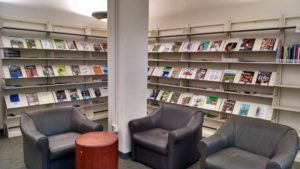 In addition to the hundreds of academic journals that we subscribe to electronically, the Bioscience, Natural Resources & Public Health Library gets some interesting publications in print. In our recently refreshed New Books and Journals reading area you can flip through key journals like Science and Nature and also peruse magazines like Bay Nature, Successful Farming, National Parks, Earth First!, Outdoor California, Nutrition Today, Reptiles, Natural History, Diabetes, and many others. Settle into one of our comfy chairs and browse away!
In addition to the hundreds of academic journals that we subscribe to electronically, the Bioscience, Natural Resources & Public Health Library gets some interesting publications in print. In our recently refreshed New Books and Journals reading area you can flip through key journals like Science and Nature and also peruse magazines like Bay Nature, Successful Farming, National Parks, Earth First!, Outdoor California, Nutrition Today, Reptiles, Natural History, Diabetes, and many others. Settle into one of our comfy chairs and browse away!
If you’d rather be behind a book, our book jacket display near the circulation desk features some of our new print books, many of which are popular titles on science, health, and environmental topics.
2018 Winners of the Ig® Nobel Prize Announced!!
…For achievements that first make people LAUGH then make them THINK
MEDICINE PRIZE [USA] — Marc Mitchell and David Wartinger, for using roller coaster rides to try to hasten the passage of kidney stones.
REFERENCE: “Validation of a Functional Pyelocalyceal Renal Model for the Evaluation of Renal Calculi Passage While Riding a Roller Coaster,” Marc A. Mitchell, David D. Wartinger, The Journal of the American Osteopathic Association, vol. 116, October 2016, pp. 647-652.
ANTHROPOLOGY PRIZE [SWEDEN, ROMANIA, DENMARK, THE NETHERLANDS, GERMANY, UK, INDONESIA, ITALY] — Tomas Persson, Gabriela-Alina Sauciuc, and Elainie Madsen, for collecting evidence, in a zoo, that chimpanzees imitate humans about as often, and about as well, as humans imitate chimpanzees.
REFERENCE: “Spontaneous Cross-Species Imitation in Interaction Between Chimpanzees and Zoo Visitors,” Tomas Persson, Gabriela-Alina Sauciuc, and Elainie Madsen, Primates, vol. 59, no. 1, January 2018, pp 19–29.
BIOLOGY PRIZE [SWEDEN, COLOMBIA, GERMANY, FRANCE, SWITZERLAND] — Paul Becher, Sebastien Lebreton, Erika Wallin, Erik Hedenstrom, Felipe Borrero-Echeverry, Marie Bengtsson, Volker Jorger, and Peter Witzgall, for demonstrating that wine experts can reliably identify, by smell, the presence of a single fly in a glass of wine.
REFERENCE: “The Scent of the Fly,” Paul G. Becher, Sebastien Lebreton, Erika A. Wallin, Erik Hedenstrom, Felipe Borrero-Echeverry, Marie Bengtsson, Volker Jorger, and Peter Witzgall, bioRxiv, no. 20637, 2017.
CHEMISTRY PRIZE [PORTUGAL] — Paula Romão, Adília Alarcão and the late César Viana, for measuring the degree to which human saliva is a good cleaning agent for dirty surfaces.
REFERENCE: “Human Saliva as a Cleaning Agent for Dirty Surfaces,” by Paula M. S. Romão, Adília M. Alarcão and César A.N. Viana, Studies in Conservation, vol. 35, 1990, pp. 153-155.
MEDICAL EDUCATION PRIZE [JAPAN] — Akira Horiuchi, for the medical report “Colonoscopy in the Sitting Position: Lessons Learned From Self-Colonoscopy.”
REFERENCE: “Colonoscopy in the Sitting Position: Lessons Learned From Self-Colonoscopy by Using a Small-Caliber, Variable-Stiffness Colonoscope,” Akira Horiuchi and Yoshiko Nakayama, Gastrointestinal Endoscopy, vol. 63, No. 1, 2006, pp. 119-20.
LITERATURE PRIZE [AUSTRALIA, EL SALVADOR, UK] — Thea Blackler, Rafael Gomez, Vesna Popovic and M. Helen Thompson, for documenting that most people who use complicated products do not read the instruction manual.
REFERENCE: “Life Is Too Short to RTFM: How Users Relate to Documentation and Excess Features in Consumer Products,” Alethea L. Blackler, Rafael Gomez, Vesna Popovic and M. Helen Thompson, Interacting With Computers, vol. 28, no. 1, 2014, pp. 27-46.
NUTRITION PRIZE [ZIMBABWE, TANZANIA, UK] — James Cole, for calculating that the caloric intake from a human-cannibalism diet is significantly lower than the caloric intake from most other traditional meat diets.
REFERENCE: “Assessing the Calorific Significance of Episodes of Human Cannibalism in the Paleolithic,” James Cole, Scientific Reports, vol. 7, no. 44707, April 7, 2017.
PEACE PRIZE [SPAIN, COLOMBIA] — Francisco Alonso, Cristina Esteban, Andrea Serge, Maria-Luisa Ballestar, Jaime Sanmartín, Constanza Calatayud, and Beatriz Alamar, for measuring the frequency, motivation, and effects of shouting and cursing while driving an automobile.
REFERENCE: “Shouting and Cursing While Driving: Frequency, Reasons, Perceived Risk and Punishment,” Francisco Alonso, Cristina Esteban, Andrea Serge and Maria-Luisa Ballestar, Journal of Sociology and Anthropology, vol. 1, no. 12017, pp. 1-7.
REFERENCE: “La Justicia en el Tráfico: Conocimiento y Valoración de la Población Española” [“Justice in Traffic: Knowledge and Valuation of the Spanish Population”)], F. Alonso, J. Sanmartín, C. Calatayud, C. Esteban, B. Alamar, and M. L. Ballestar, Cuadernos de Reflexión Attitudes, 2005.
REPRODUCTIVE MEDICINE PRIZE [USA, JAPAN, SAUDI ARABIA, EGYPT, INDIA, BANGLADESH] — John Barry, Bruce Blank, and Michel Boileau, for using postage stamps to test whether the male sexual organ is functioning properly—as described in their study “Nocturnal Penile Tumescence Monitoring With Stamps.”
REFERENCE: “Nocturnal Penile Tumescence Monitoring With Stamps,” John M. Barry, Bruce Blank, Michael Boileau, Urology, vol. 15, 1980, pp. 171-172.
ECONOMICS PRIZE [CANADA, CHINA, SINGAPORE, USA] — Lindie Hanyu Liang, Douglas Brown, Huiwen Lian, Samuel Hanig, D. Lance Ferris, and Lisa Keeping, for investigating whether it is effective for employees to use Voodoo dolls to retaliate against abusive bosses.
REFERENCE: “Righting a Wrong: Retaliation on a Voodoo Doll Symbolizing an Abusive Supervisor Restores Justice,” Lindie Hanyu Liang, Douglas J. Brown, Huiwen Lian, Samuel Hanig, D. Lance Ferris, and Lisa M. Keeping, The Leadership Quarterly, February 2018.
As always, winners from previous years, as well as all kinds of stuff, may be found on the Improbable Research website.
Bioscience, Natural Resources & Public Health Library Open House
Please join us for an open house on Thursday, September 27, 4-6pm in the new Bioscience, Natural Resources & Public Health Library! This move represents a tremendous amount of work from any people throughout the Library and the School of Public Health – please come by and help us celebrate!
Public Health Library merges with Bioscience & Natural Resources Library
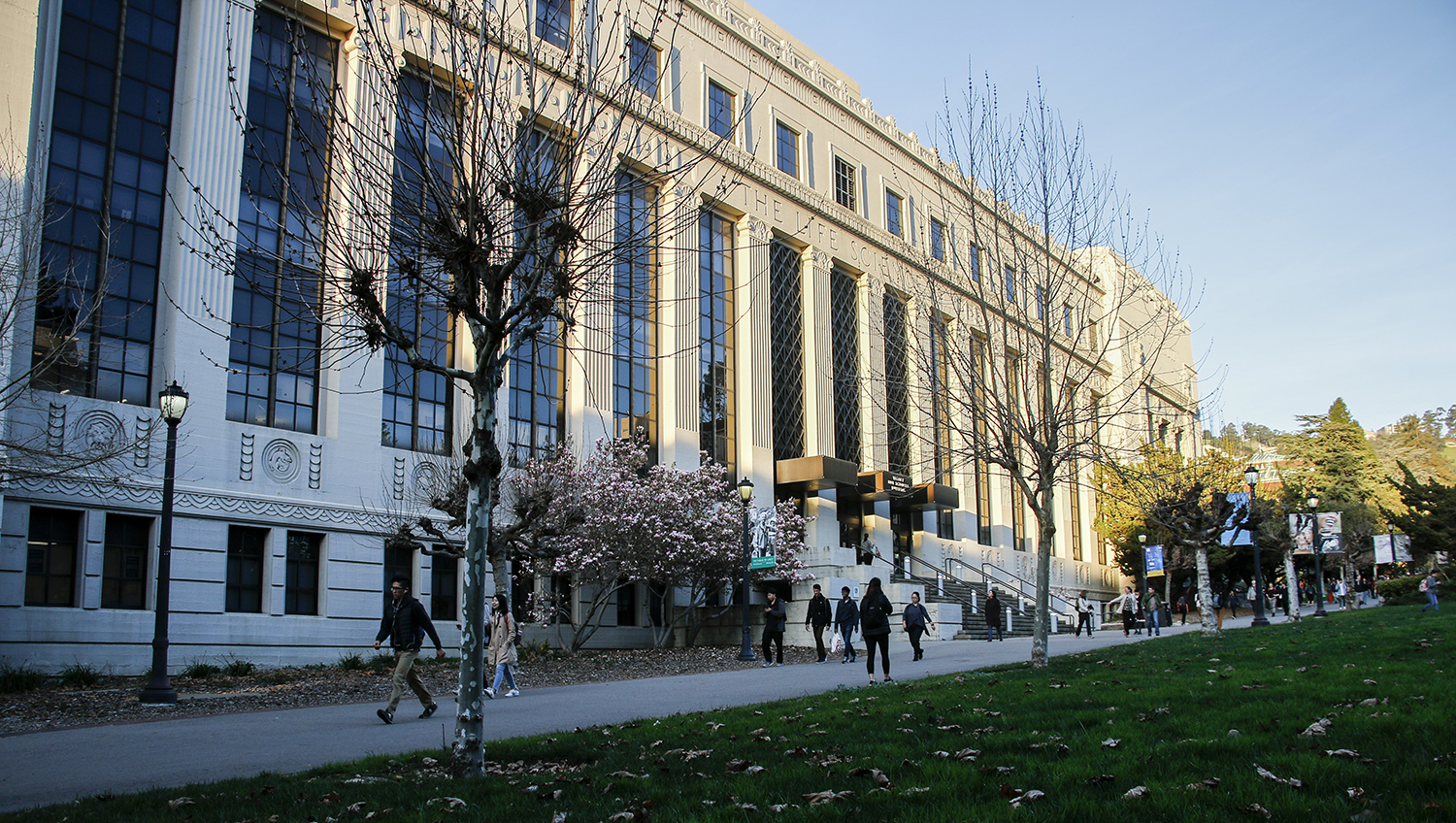
On June 4, two important libraries in the Life & Health Sciences Division will come together under one roof as the Marian Koshland Bioscience, Natural Resources & Public Health Library. The Sheldon Margen Public Health Library — located in 1 University Hall, at Oxford Street and University Avenue — will close June 1.
For more details, read the story at Library News.
Celebrating our library students!
